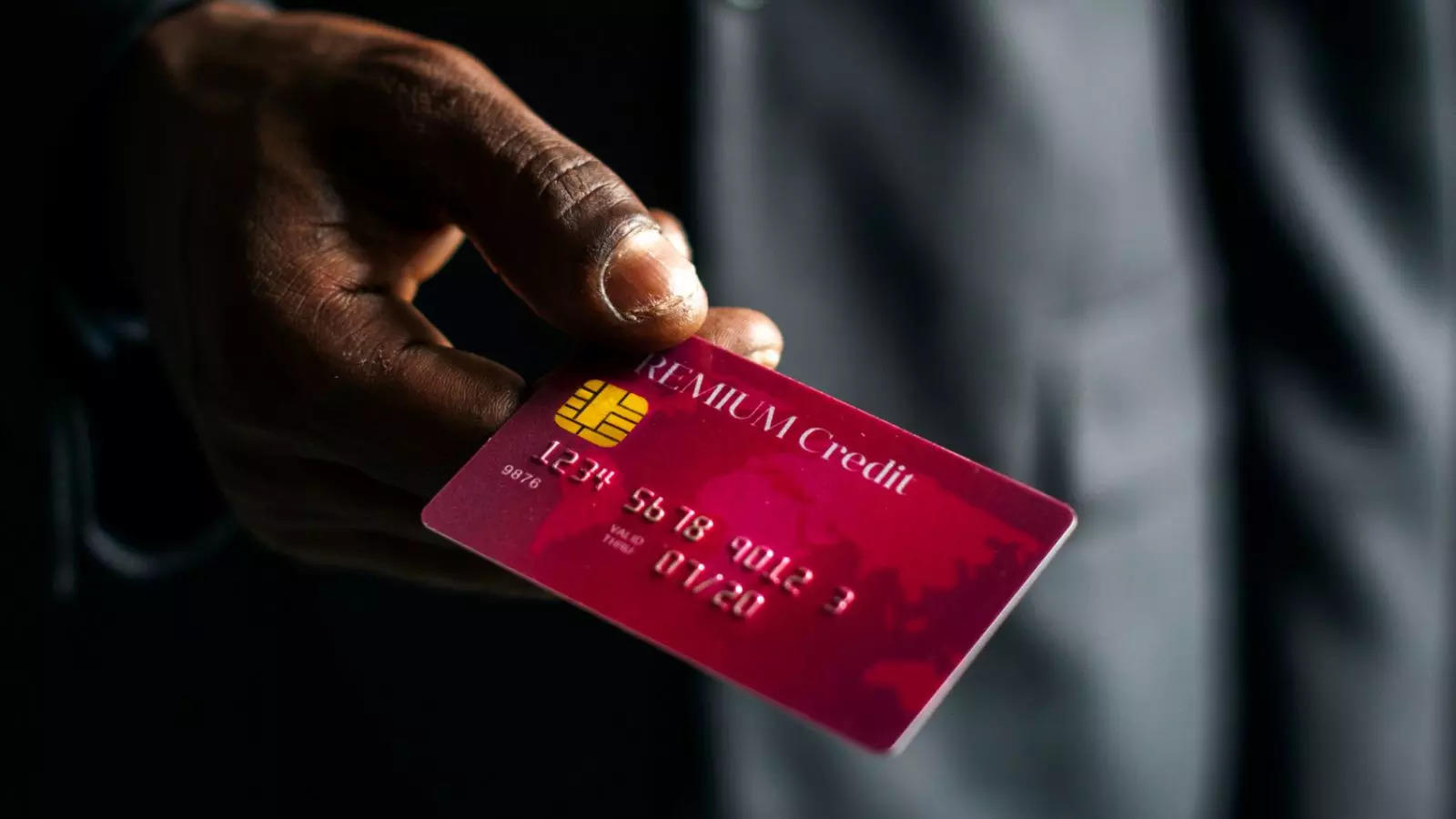Are you frustrated with repeated credit card application rejections? Understanding the reasons behind these denials can help you improve your chances of approval. Banks consider several factors before issuing a credit card . Here are the common reasons why your credit card application may be rejected:
1. Frequent Job Changes
Frequent job changes raise concerns about your financial stability , making banks hesitant to approve your application.
2. Poor Credit Score
A bad credit score, resulting from defaulted loans or late EMI payments, can lead to rejection.
3. Multiple Credit Cards
Holding multiple credit cards simultaneously may indicate excessive credit dependence, reducing approval chances.
4. Lack of Credit History
No credit history or record of loan repayment can make banks uncertain about your creditworthiness.
5. Insufficient Income
Low salary or income below the bank's threshold can indicate inadequate repayment capacity.
6. Applying Too Frequently
Multiple credit card applications in a short period can raise red flags, leading to rejection.
7. High-Limit Credit Card Applications
Applying for high-limit credit cards without established credit history can lead to rejection.
Strategies for Approval:
1. Start with a no-frills, basic credit card with low spending limits.
2. Build a good credit history with your first card.
3. Apply for premium cards after establishing a positive credit record.
4. Consider applying for credit cards from banks where you have a savings account.
5. Ensure a stable income and employment history.
By understanding these factors and adapting your approach, you can increase your chances of credit card approval.
Remember: A rejected credit card application is not the end. Analyze the reasons, make adjustments, and reapply to achieve financial flexibility.
1. Frequent Job Changes
Frequent job changes raise concerns about your financial stability , making banks hesitant to approve your application.
2. Poor Credit Score
A bad credit score, resulting from defaulted loans or late EMI payments, can lead to rejection.
3. Multiple Credit Cards
Holding multiple credit cards simultaneously may indicate excessive credit dependence, reducing approval chances.
4. Lack of Credit History
No credit history or record of loan repayment can make banks uncertain about your creditworthiness.
5. Insufficient Income
Low salary or income below the bank's threshold can indicate inadequate repayment capacity.
6. Applying Too Frequently
Multiple credit card applications in a short period can raise red flags, leading to rejection.
7. High-Limit Credit Card Applications
Applying for high-limit credit cards without established credit history can lead to rejection.
Strategies for Approval:
1. Start with a no-frills, basic credit card with low spending limits.
2. Build a good credit history with your first card.
3. Apply for premium cards after establishing a positive credit record.
4. Consider applying for credit cards from banks where you have a savings account.
5. Ensure a stable income and employment history.
By understanding these factors and adapting your approach, you can increase your chances of credit card approval.
Remember: A rejected credit card application is not the end. Analyze the reasons, make adjustments, and reapply to achieve financial flexibility.
You may also like

Fish, meat, and vegetable prices skyrocket in Kolkata on eve of Bhai Dooj

'Classic shoot and scoot brand': Hardeep Puri slams Cong amid row over unkept poll promises

Misa Bharti criticises PM Modi for not fulfilling his 2015 poll promise

"Unfortunate": BJP's Shehzad Poonawalla hits out at NC-Congress alliance over Farooq Abdullah's statement

Jharkhand polls: Congress lists INDIA bloc govt's welfare schemes, slams BJP's 'politics of hatred'







